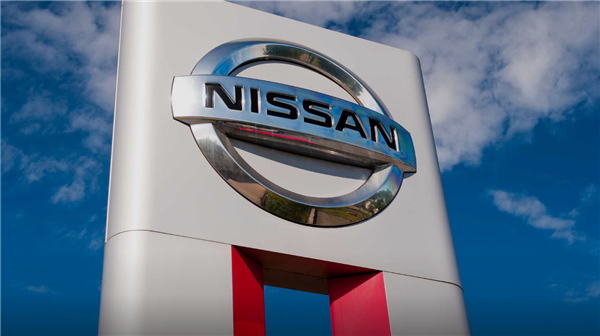July 31, 2025 – Nissan Motor Co. is bracing for continued financial headwinds, citing high restructuring costs and uncertainty surrounding U.S. tariff policies as key drivers of projected losses. The automaker warned that its operating deficit for the April-September period could hit ¥180 billion ($1.2 billion), while declining to issue a full-year forecast for the fiscal year ending March 2026—a move analysts interpret as signaling deeper-than-expected challenges.
Market consensus suggests annual losses may swell to ¥234 billion, though Nissan’s internal projections remain undisclosed. The caution follows a staggering ¥671 billion net loss in the previous fiscal year, the company’s worst performance in a quarter-century, which forced it to withhold earnings guidance in May amid aggressive cost-cutting measures.

Second-quarter results offered a glimmer of hope, with Nissan reporting a ¥79 billion loss—narrower than both analyst estimates of ¥119 billion and the company’s own pessimistic ¥200 billion forecast. However, CEO Ivan Espinosa stressed that the true financial impact of its sweeping restructuring plan will only materialize this fiscal year. The overhaul includes slashing 20,000 jobs globally and reducing manufacturing sites from 17 to 10, with Espinosa asserting from Yokohama headquarters that “tangible progress” has been made despite looming cost pressures.
A key pillar of Nissan’s turnaround strategy involves repurposing production capacity, including plans to export China-built models to international markets. The automaker also revised its estimated tariff-related losses downward to ¥300 billion from ¥450 billion, though Espinosa cautioned that unpredictable implementation timelines for U.S. trade policies continue to cloud forecasts.
Amid these challenges, Nissan maintained its ambitious global sales target of 3.25 million units for the year, even after first-quarter deliveries plunged 27% in China and 11% in Japan. CFO Jeremie Papin reiterated confidence in the goal, citing resilient demand in other regions and ongoing efforts to streamline operations. “The road ahead remains tough, but our strategic priorities are clear,” Papin stated during a briefing, emphasizing a focus on electrification and premium segments to restore profitability.
Analysts remain divided on Nissan’s prospects, with some praising its decisive restructuring while others question whether cost savings can offset macroeconomic pressures. The company’s shares have fallen 18% this year, underperforming both Toyota and Honda amid broader investor skepticism about Japan’s auto sector transformation.












